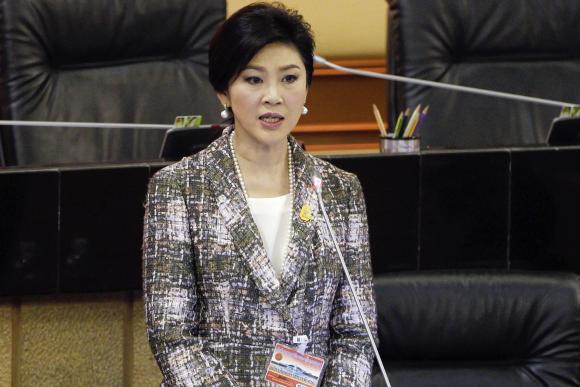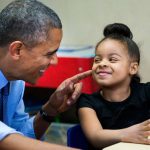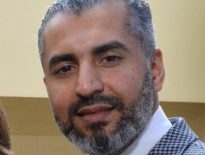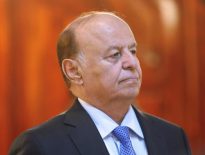(Reuters) – Thai authorities dealt a double blow to ousted Prime Minister Yingluck Shinawatra and her powerful family on Friday, banning her from politics for five years and proceeding with criminal charges for negligence that could put her in jail.

The moves could stoke tension in the politically divided country still living under martial law after the military seized power in May, toppling the remnants of Yingluck’s government to end months of street protests.
The ban and the legal case are the latest chapter in 10 years of turbulent politics that have pitted Yingluck and her brother Thaksin, himself a former prime minister, against the royalist-military establishment which sees the Shinawatras as a threat and reviles their populist policies.
Yingluck will face criminal charges in the Supreme Court and if found guilty faces up to 10 years in jail, the Attorney General’s Office said on Friday.
The charge against the country’s first female premier, who was removed from office for abuse of power in May days before the coup, concern her role in a scheme that paid farmers above market prices for rice and cost Thailand billions of dollars.
The capital’s streets were quiet on Friday, as residents adhered to the military junta’s ban on public gatherings.
Security was tightened around the parliament building where the military-stacked legislature voted Yingluck guilty in a separate impeachment case for failing to exercise sufficient oversight of the rice subsidy scheme.
The retroactive impeachment at the National Legislative Assembly (NLA) carries with it a five-year ban from politics.
A vote to impeach required a three-fifths majority among NLA members, who were hand-picked by the junta of coup leader and Prime Minister Prayuth Chan-ocha. Around 100 of the 220 members are former or serving military officers.
Prayuth said he had not ordered the NLA to vote against Yingluck, who remains popular among the rural poor that handed her a landslide electoral victory in 2011 and benefited from the rice scheme.
The impeachment was expected by Yingluck supporters, who see the courts and NLA as biased and aligned with an establishment intent on blocking the Shinawatra family from politics.
“Yingluck’s case was not dealt with fairly,” said Thanawut Wichaidit, a spokesman for the pro-Yingluck United Front for Democracy against Dictatorship.
“The intention of these actions is for Yingluck and the entire Shinawatra family to be eradicated from Thai politics. I believe there is an invisible hand behind Yingluck’s impeachment.”
Around 150 members of the Shinawatra political movement have been banned from politics in the last decade, including four who had served as prime ministers.
Yingluck disputed the charges in an appearance at the NLA on Thursday and said the scheme boosted the economy. She did not appear at the NLA on Friday.
ARMY CHIEF AIRS CONCERN
Prayuth’s government has urged Yingluck’s supporters to stay out of Bangkok this week over concerns of trouble, although a repeat of the protests that have dogged the country in recent years is unlikely.
Authorities have been quick to stifle any public protest, and political meetings are banned under martial law.
In a radio broadcast earlier on Friday, Army Chief General Udomdej Sitabutr called on the population to respect the NLA vote.
A spokesman for the military junta said it had seen no sign of unrest.
“Political gatherings cannot happen as we are still under martial law,” junta spokesman Winthai Suvaree said.
Yingluck’s fortunes have been similar to those of her billionaire brother.
Both led populist governments toppled in coups, despite being elected in landslides, and both were subjected to legal action and street protests by pro-establishment activists.
After being ousted in a 2006 coup, Thaksin fled Thailand to avoid a 2008 jail term for corruption. He has lived abroad since, but retains a strong influence over Thai politics.
Since last year’s coup, Yingluck has had to inform the military junta of her travel plans.
A political ban on Yingluck would have little immediate impact on party politics, as the ruling junta has forbidden all parties from engaging in political activity since the coup.
The military junta has promised a return to full democracy, saying a general election will take place in February next year, at the earliest.
(Additional reporting by Kaweewit Kaewjinda and Aukkarapon Niyomyat; Writing by Amy Sawitta Lefevre and Simon Webb; Editing by Jeremy Laurence)





